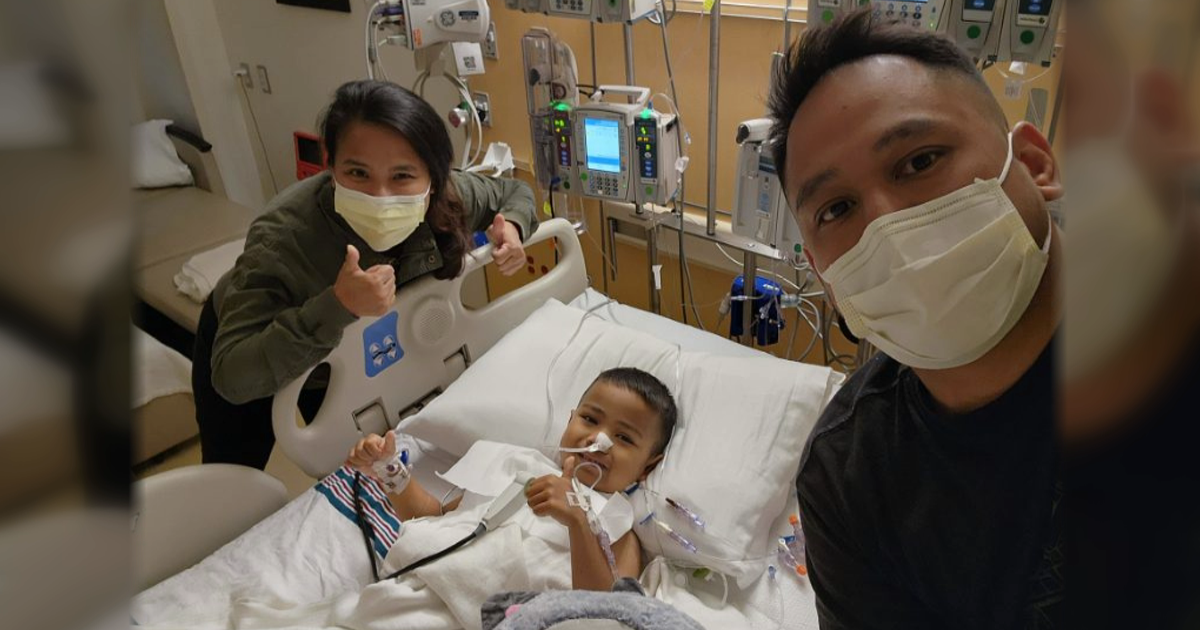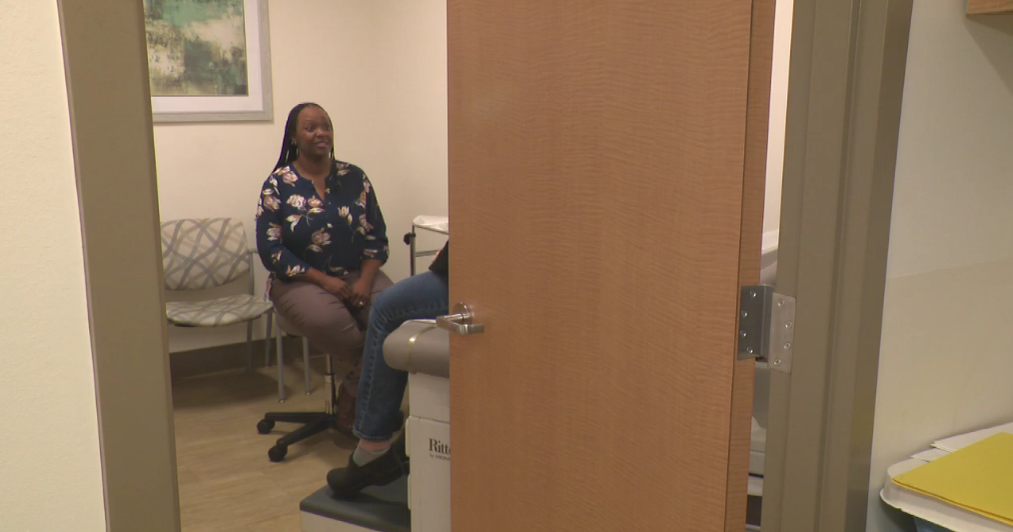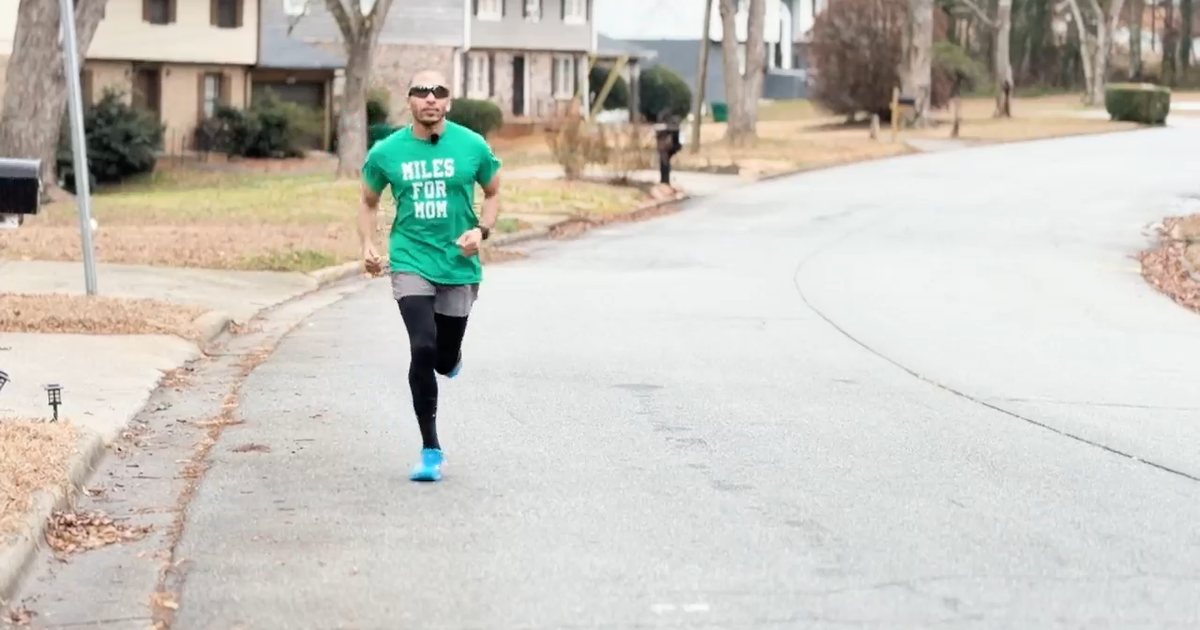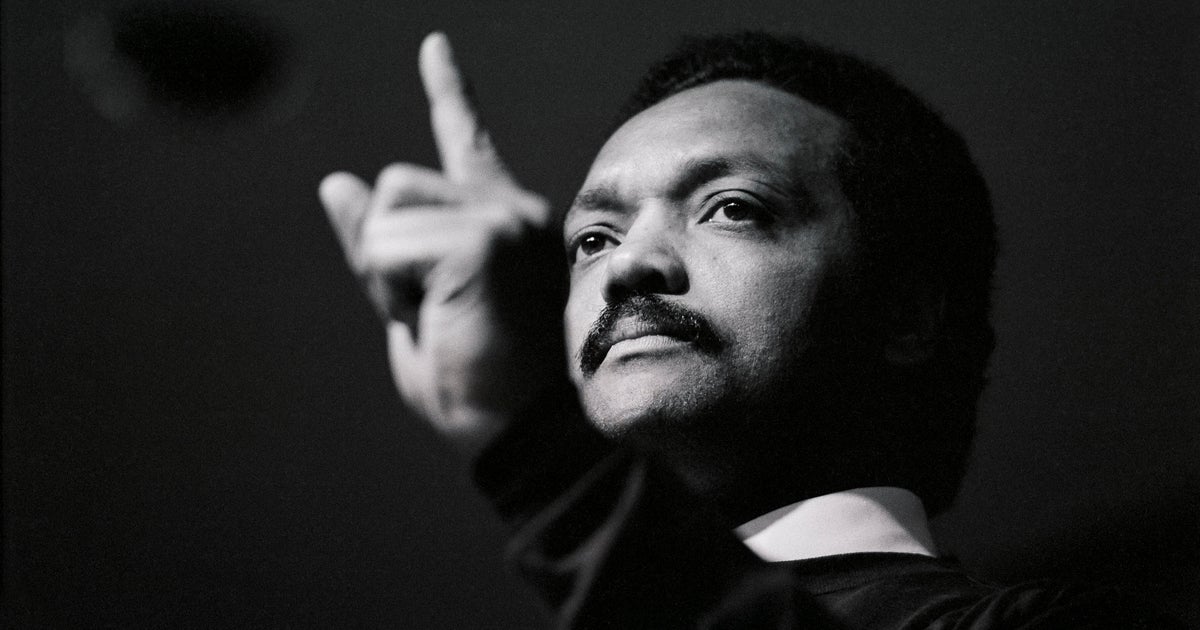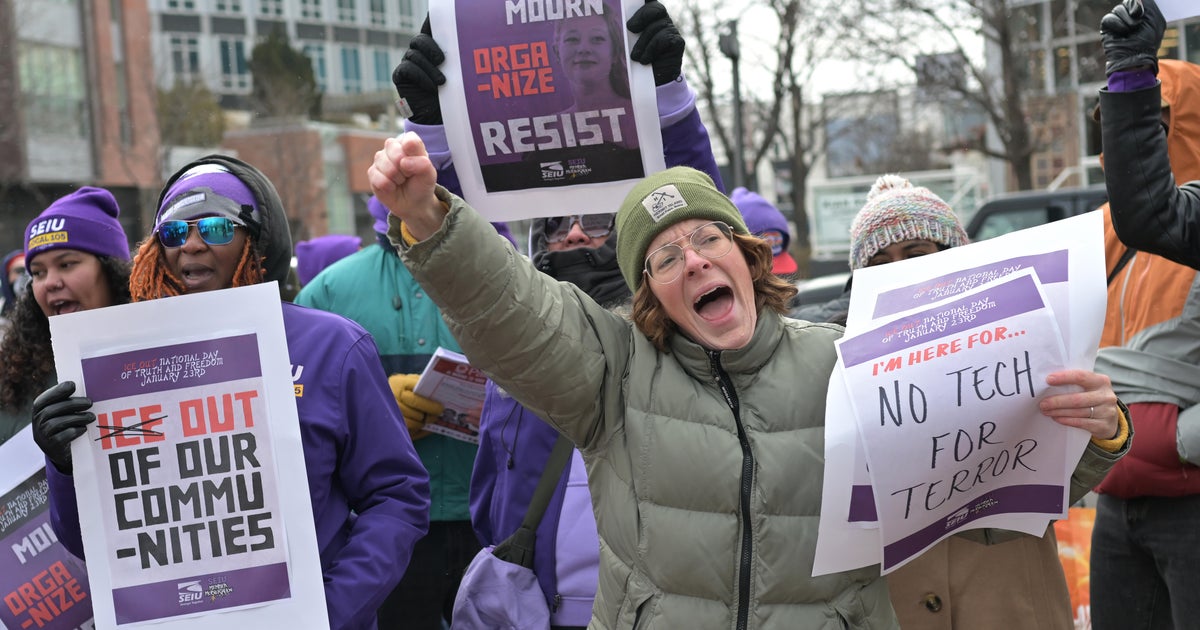Alzheimer's & Brain Awareness Month: A time to highlight common stigmas, misconceptions people have about the disease
MIAMI – During Alzheimer's & Brain Awareness Month, the Alzheimer's Association is highlighting common stigmas and misconceptions people have about the disease and other dementia.
According to the Alzheimer's Association, six million Americans are living with the disease.
Dale Rivard was diagnosed with mild cognitive impairment five years ago. He was 59 and a prosecutor.
"The first six months is when I deteriorated quite a bit. It has affected my speech a lot. As the years have progressed, my short term memory is about the same," he said.
Dale and his wife Marianne want other people to know what it's like living with early-stage Alzheimer's and other dementia.
"You get that diagnosis and it's pretty devastating," Dale said. "There's two ways to go. You can say I'm done. I mean, it's so easy to sit in front of the tv turn it on and wait to die, you know, or you can still fight and keep active."
Monica Moreno with the Alzheimer's Association said the goal is to reduce the stigma and isolation patients feel.
"When people hear the word Alzheimer's disease, they immediately think of someone in the end stage of the disease. But the reality is that individuals living with Alzheimer's disease are still vibrant and can engage and live quality lives," she said.
Dale and Marianne travel and spend time with family.
"When we were both working, we hardly went anywhere except on vacation, but now he's all mine," Marianne said.
And they sing with a chorus for people with dementia and their caregivers called "The Unforgettables."
"I have problems speaking. Now when I sing, there's nothing. I could be in my high school choir all over again, you know, it is just wonderful," Dale said.
Other families say they want people to know that you can ask a person how they are doing and not their caregiver. Talking around someone with early-stage disease can make them feel more isolated and alone.
